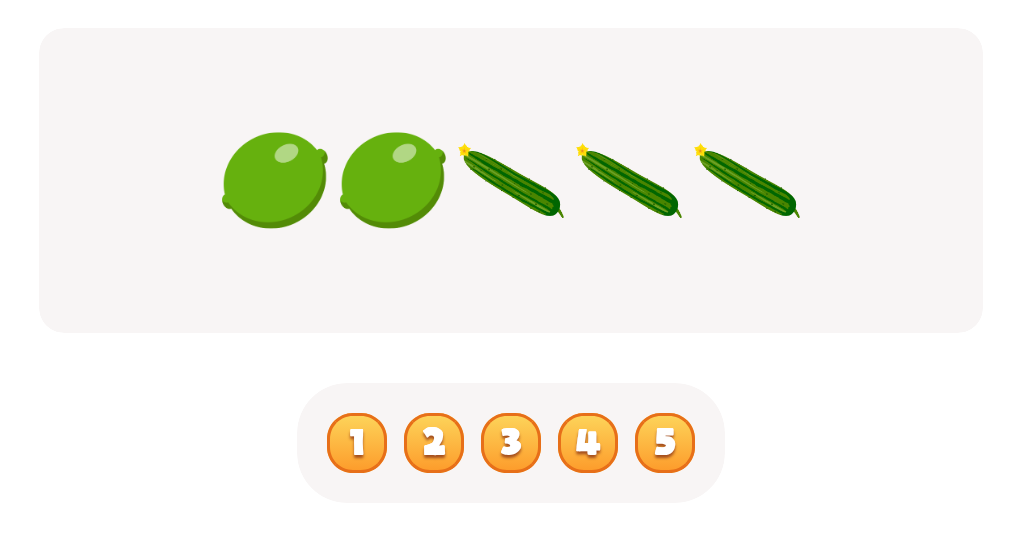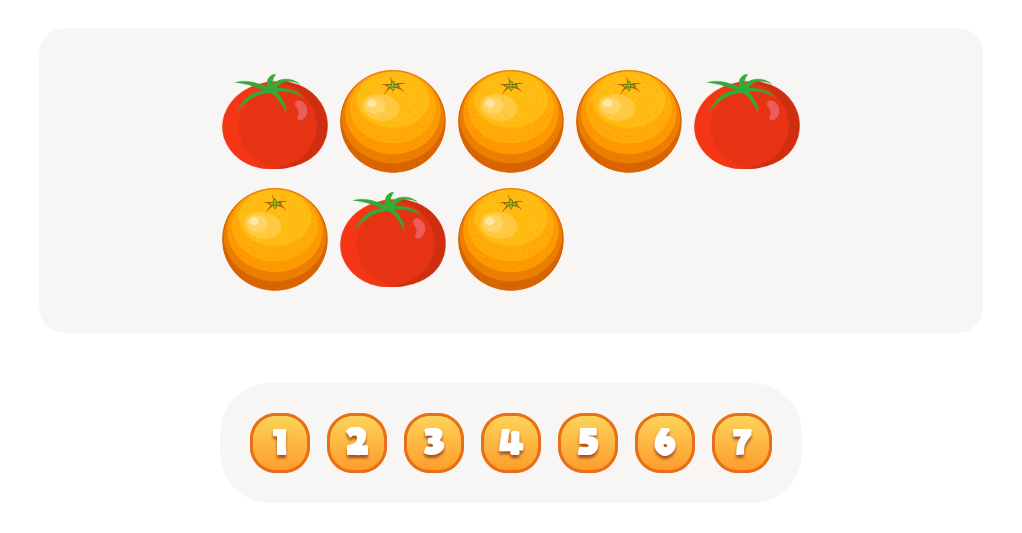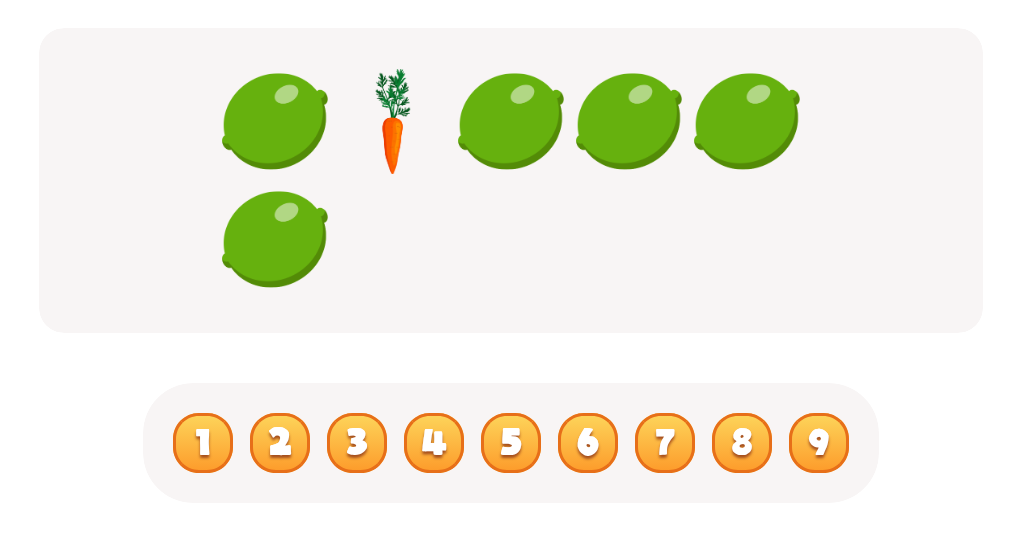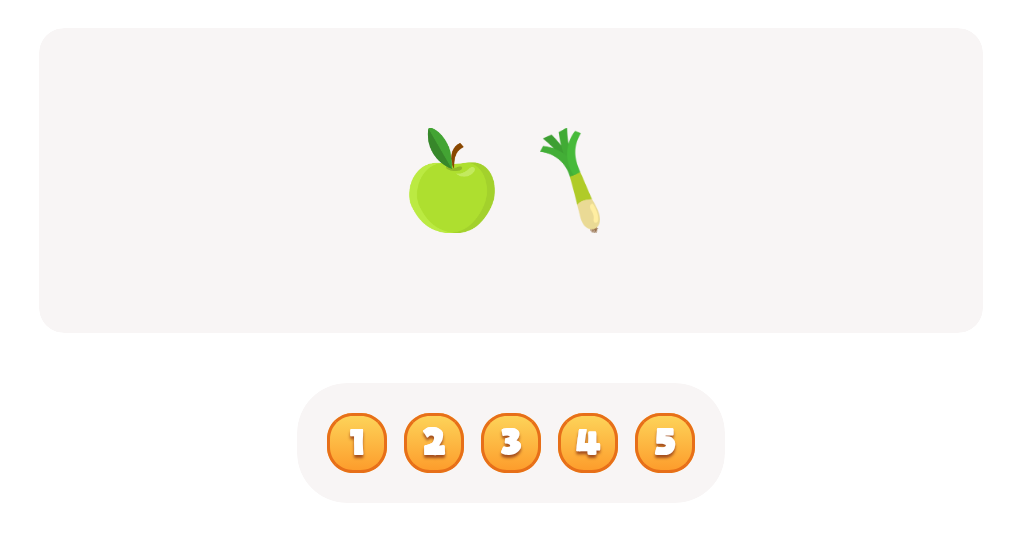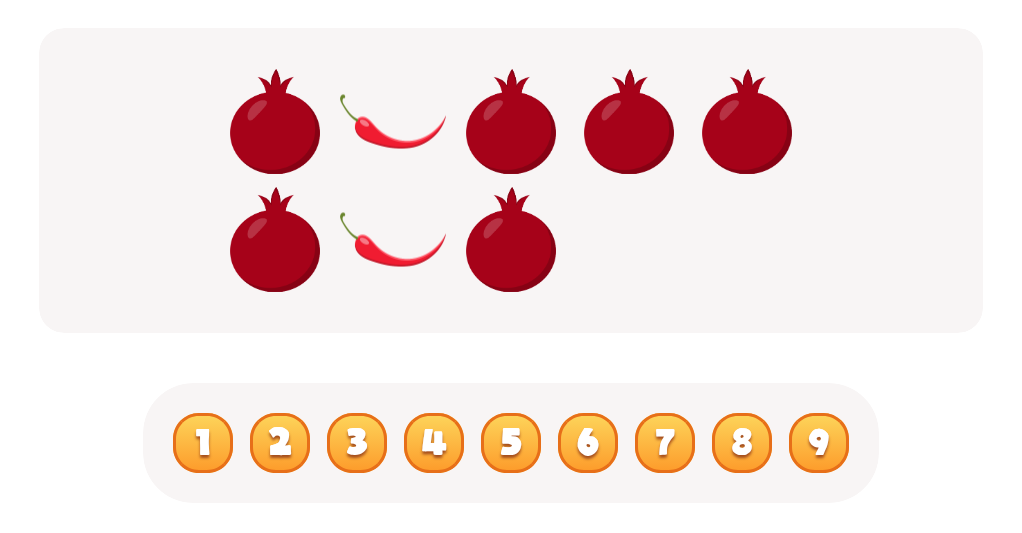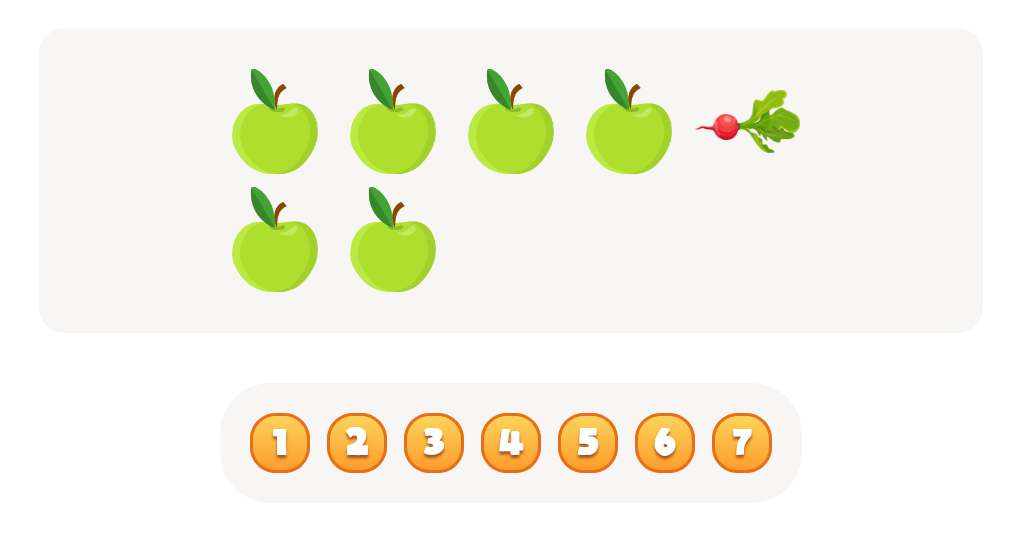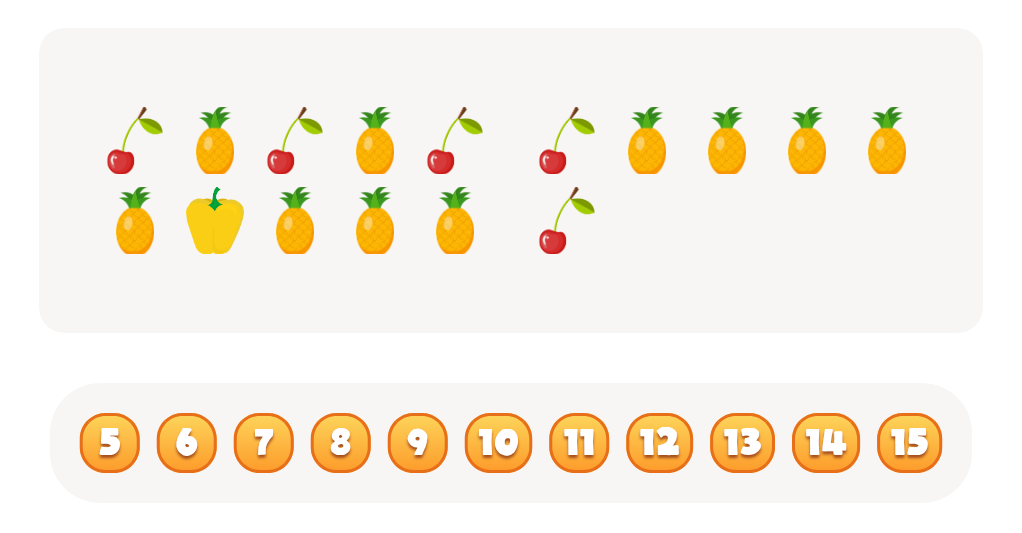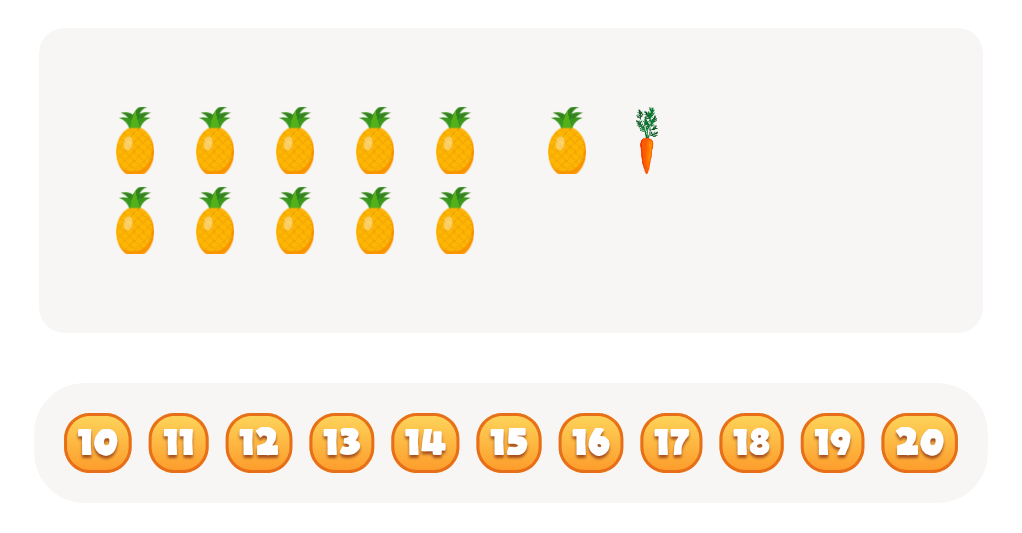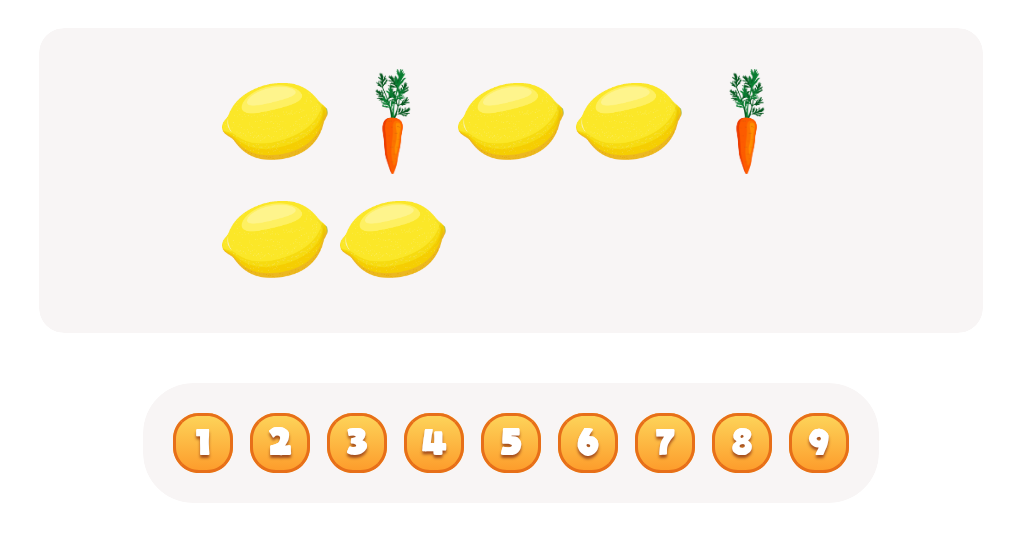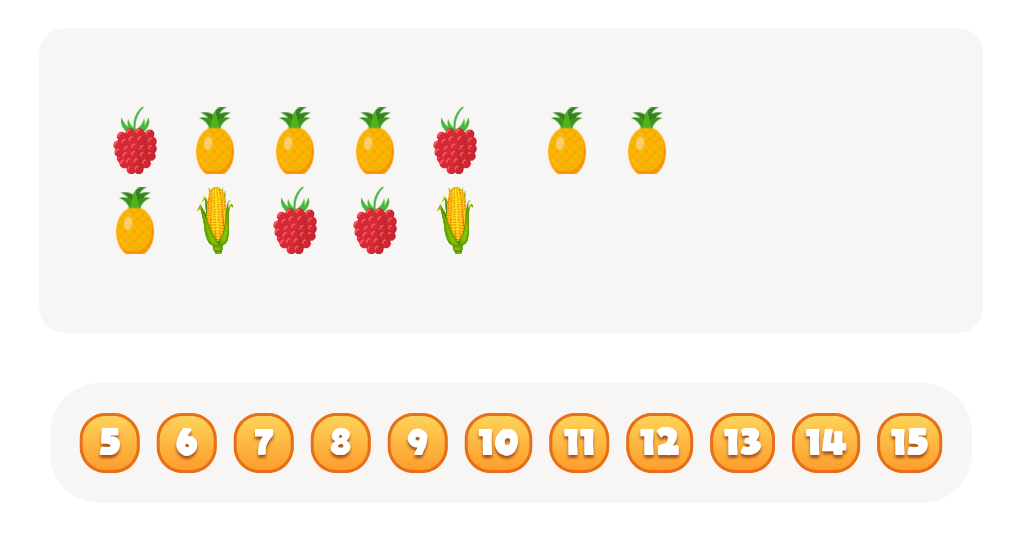Critical Thinking Normal Plants and Animals Worksheets for Ages 3-8
8 filtered results
-
From - To
Enhance your child's critical thinking skills with our engaging "Normal Plants and Animals Worksheets" designed for ages 3-8. These printable worksheets encourage young learners to explore the fascinating world of plants and animals while developing essential analytical skills. Each activity promotes observation, comparison, and inference, making learning both fun and effective. With vibrant illustrations and age-appropriate challenges, kids will not only gain knowledge about nature but also build cognitive abilities that set the foundation for future learning. Perfect for home or classroom use, our worksheets foster curiosity and creativity, ensuring a delightful educational experience centered around critical thinking. Explore and learn today!


Sorting Animals in 3 Groups Worksheet
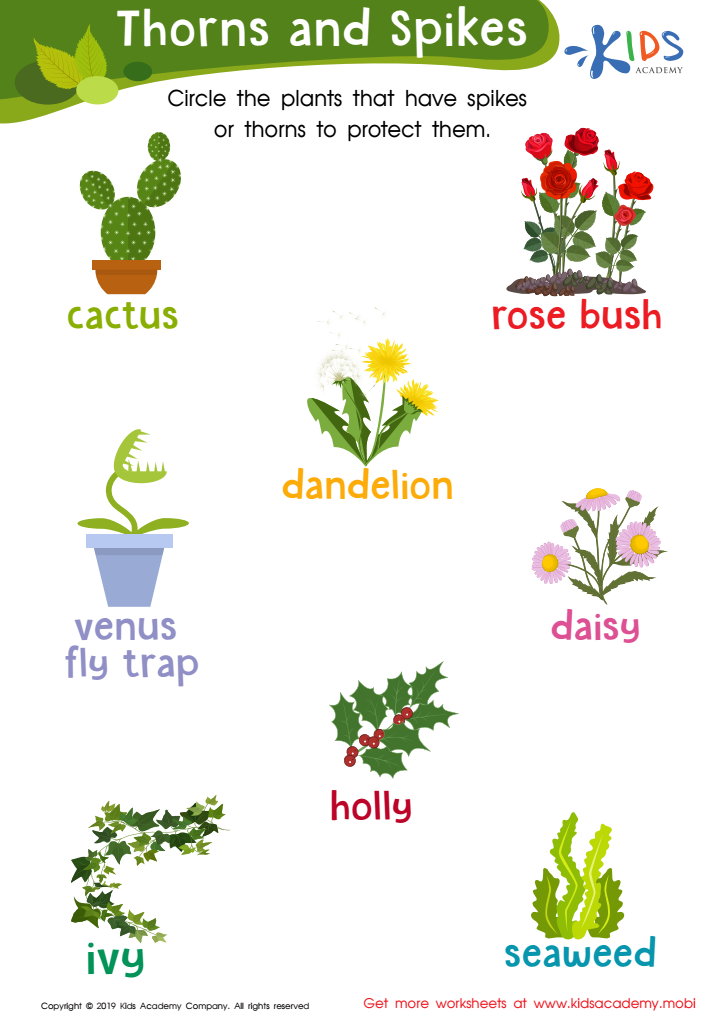

Thorns and Spikes Worksheet
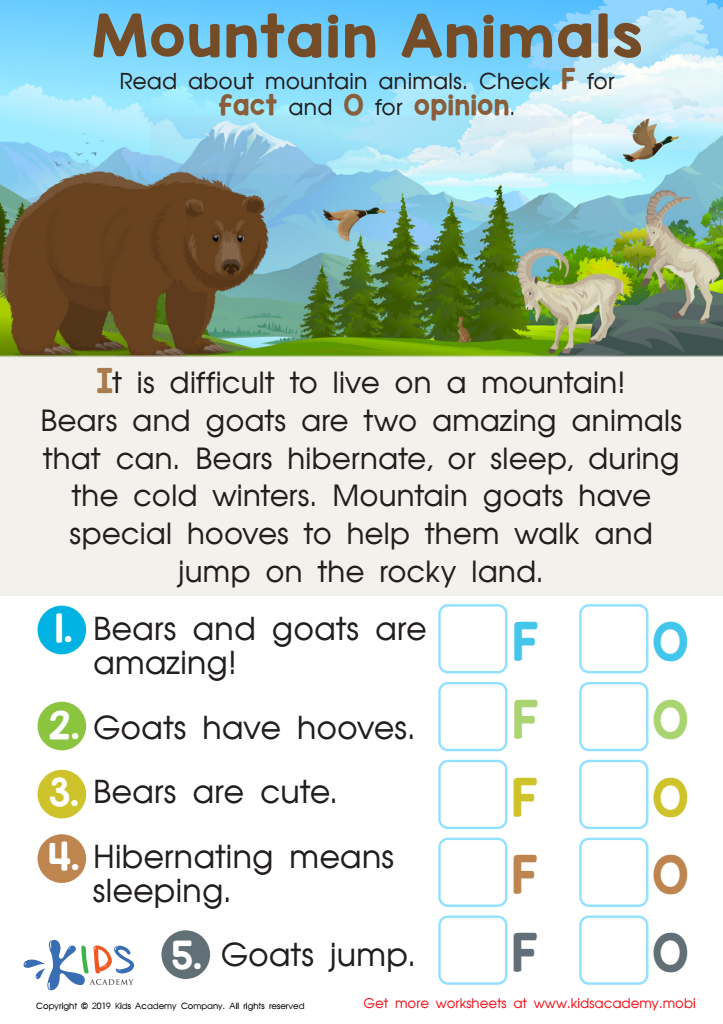

Mountain Animals Worksheet
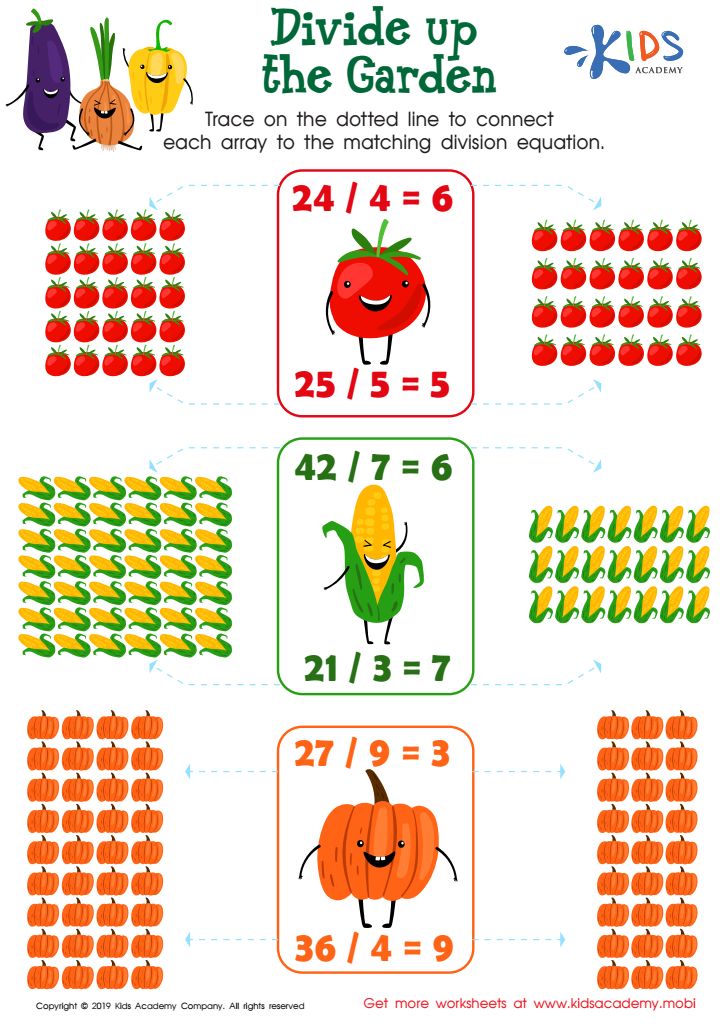

Divide up the Garden Worksheet
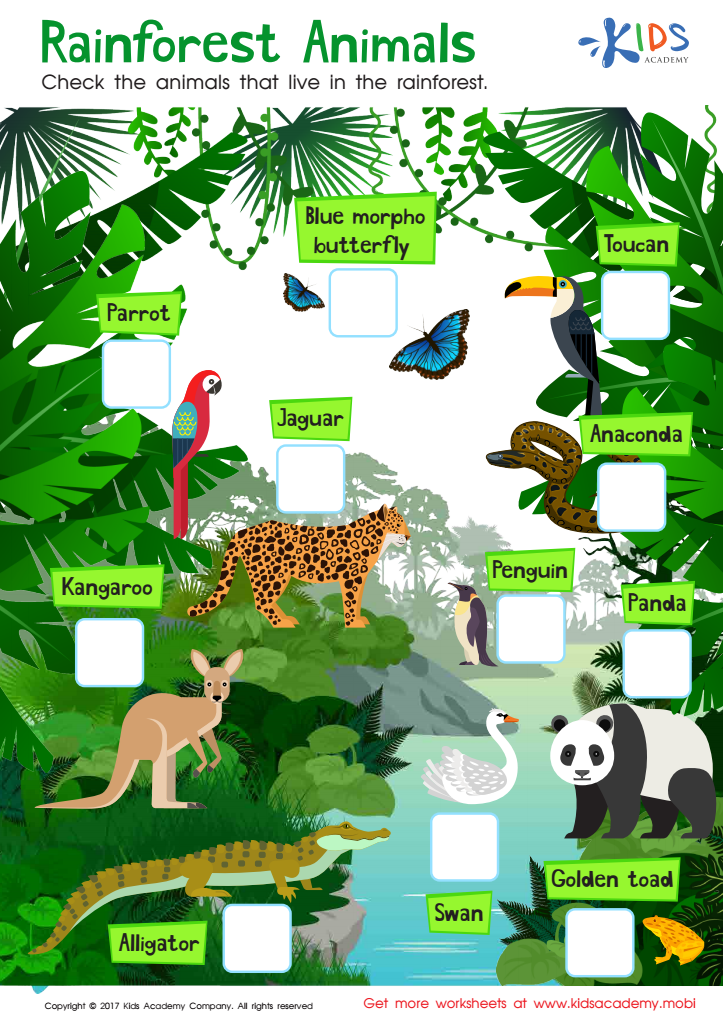

Rainforest Animals Worksheet
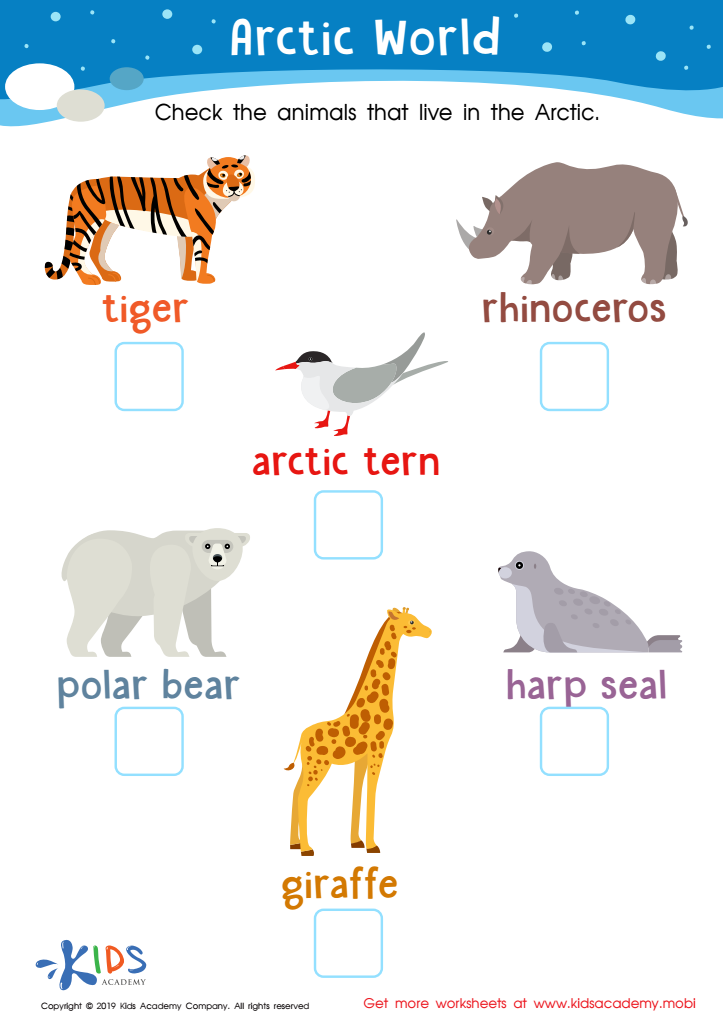

Arctic World Worksheet
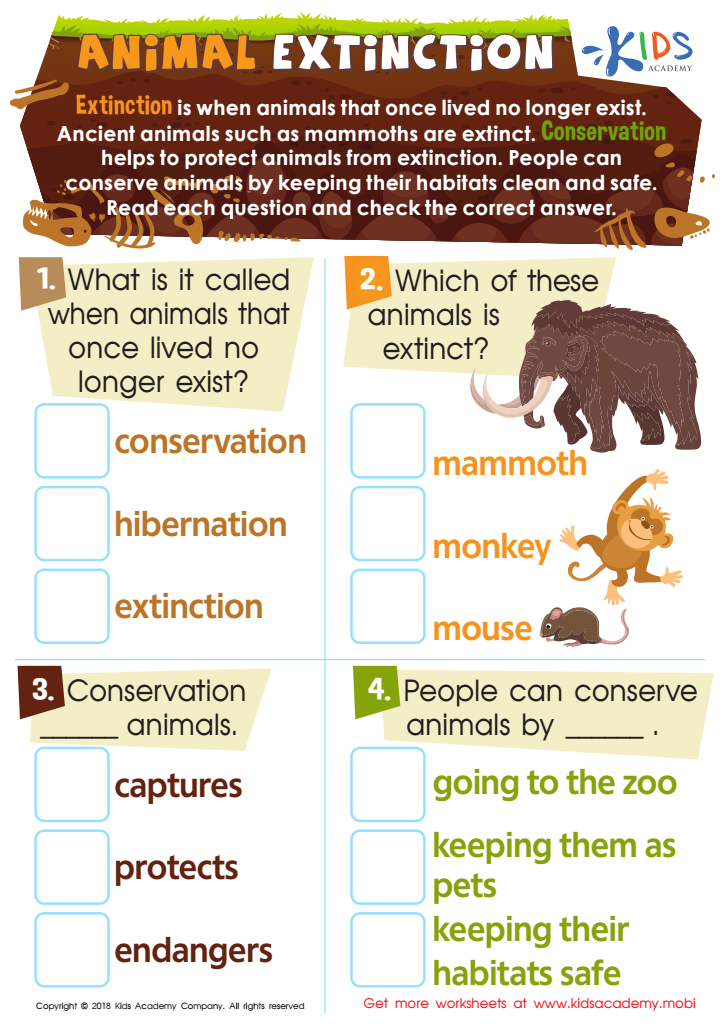

Animal Extinction Worksheet
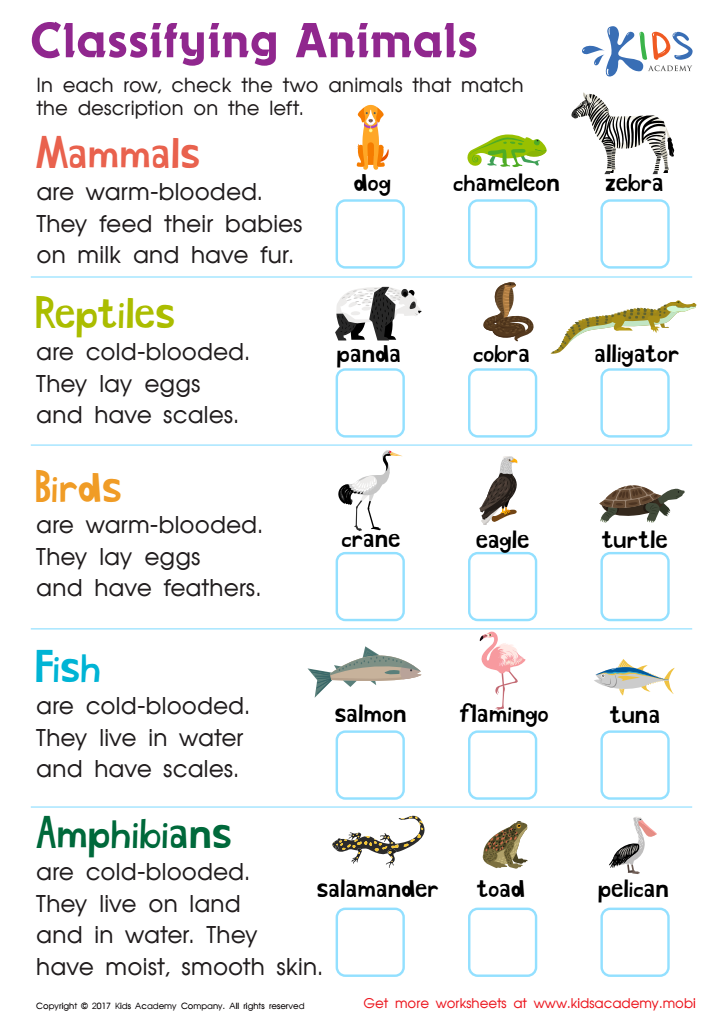

Classifying Animals Worksheet
Parents and teachers should prioritize critical thinking about normal plants and animals for children aged 3-8 because it lays the groundwork for lifelong learning and cognitive development. During these formative years, children naturally exhibit curiosity about their environment. Engaging them in discussions and activities about plants and animals fosters their observational skills, encouraging them to ask questions, make predictions, and draw conclusions based on evidence.
Understanding the role of plants and animals in ecosystems helps children appreciate biodiversity and the interconnectedness of life. It promotes environmental stewardship from an early age, inspiring future generations to care for and protect our planet. This critical thinking approach also enhances literacy and numeracy skills, as children categorize living things, compare characteristics, and measure growth, while learning relevant vocabulary.
Moreover, critical thinking nurtures emotional intelligence—children learn to empathize with living organisms and understand their needs and habitats. This early exposure to critical analysis motivates children to explore science and nature, solidifying their interest in these fields. Ultimately, fostering critical thinking in young learners prepares them to tackle complex problems, adapt to changing circumstances, and participate knowledgeably in conversations about ecological health, making them informed global citizens.

 Assign to My Students
Assign to My Students
